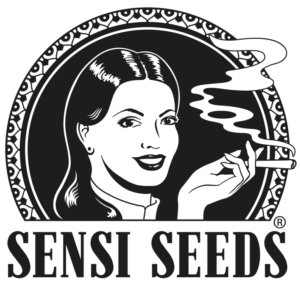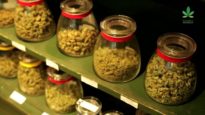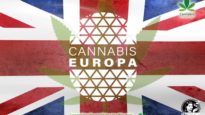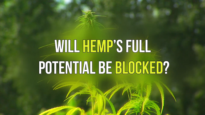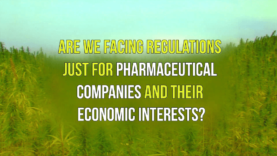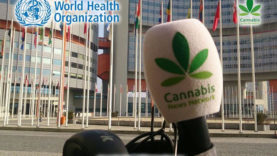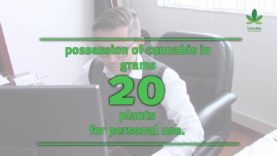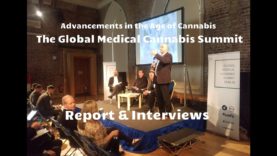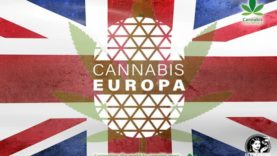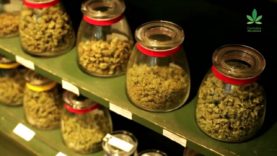CBD, game-changer in the hemp industry, blocked by politics?
The full potential of hemp is endless. No other plant in the world can feed you, then clothe you and you can build your house with. And if you’re sick, it might help you. Hemp will alter products in your home, from food to building materials to paper.
The main boost to the hemp industry comes from the increasing acknowledgment of the beneficial cannabinoids in the plant, like cannabidiol or CBD. CBD has a plethora of health benefits, with no side-effects, and is more and more used as a food supplement and an ingredient in cosmetics.
The main problem is that CBD may be labeled in the European Union (EU) as a controlled substance like in the United States, limiting the potential of hemp. Right now, CBD is not considered a controlled substance by the United Nations (UN) or EU. Rules and regulations around the world are completely random: no standardization in controls and policies.
The hemp-producers biggest fear is the possibility that derivatives are going to be pharmaceutical only. To find out the latest on the hemp issue and the state of medicinal cannabis in Europe, we went to the World Hemp Congress in Ljubljana. Experts from all over the world gathered around to talk about the latest on policies and different regulations.
Potential of hemp facing regulations
The European Union is going to debate over regulations and the use of hemp. But taking a closer look it seems the lobby of the Pharmaceutical companies is doing its work. All the European Union wants to regulate are pharmaceutical products and there no provisions for other products, therefore neglecting the hemp producers.
The hemp-producers biggest fear is the possibility that derivatives are going to be pharmaceutical only. The main problem is that there is not one regulation of CBD products for all European countries. In some countries it’s allowed, in others, it is not.
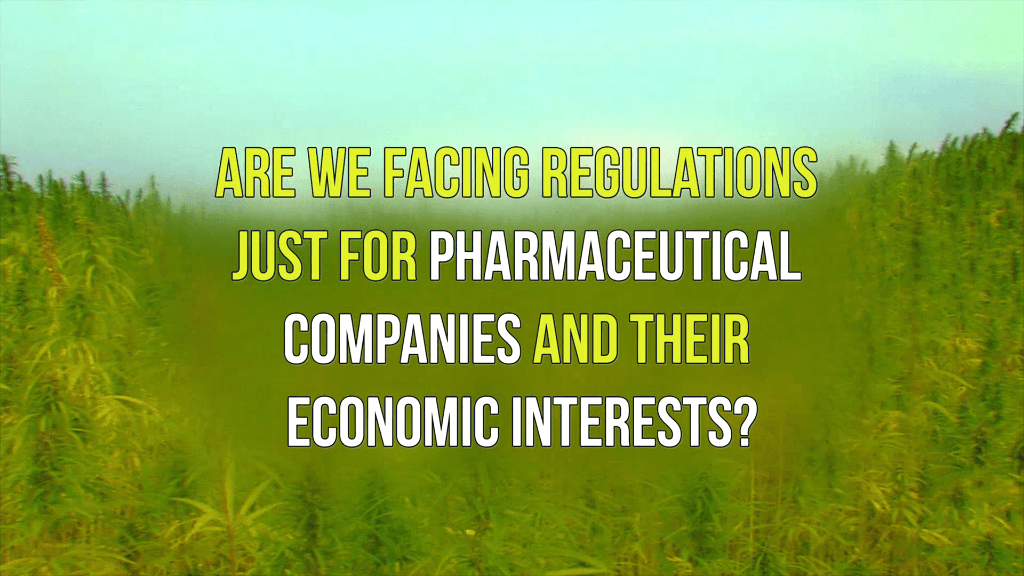
Countries like Israel, the United States, and Canada are not waiting for the rest of the world to catch-up. Most European countries have a limit of 0.2% THC in flowers and CBD products. These products are up until now legally labeled as a food supplement.
But the EU no longer allows this type of labeling. Since this summer, in countries like Spain and France, these products have been withdrawn from the market.
Dutch hemp producers are allowed to use the fiber and the seeds but they cannot produce other derived products from hemp like CBD oils.
But you can buy these products legally in shops all over the Netherlands as long as you do not promote any medical claims. In Denmark, you can produce CBD oils and other products extracted from hemp. Danish cannabis firm StenoCare recently sparked a stock market stampede as investors rushed to buy its shares.
UN to adopt or reject the recommendations of the WHO on CBD?
Pharmaceutical products with CBD as an active ingredient are now on the market.
Most known is Epidiolex, a product of GW Pharmaceuticals for the treatment of epilepsy. The interest of big pharma in this new market is huge and its lobby very powerful. Epidiolex has been approved by the Food and Drug Administration (FDA) and has been rescheduled by the Drug Enforcement Agency (DEA). The hemp industry tried to appeal against this monopoly but lost their case.
Hemp Expert Doug Fine (USA) giving a presentation all about hemp at the Cannabis University 2018.
Still, there is a big demand for some kind of regulation because of the lack of control and products being sold “freely” on the internet.
The World Health Organization recognizes that there is no evidence of any case of abuse, dependence or public health problems related to the use or consumption of cannabidiol. Therefore CBD should not be labeled as a controlled substance to let the full potential of hemp blossom.
In March 2019 we will know if the United Nations will adopt or reject the recommendations of the WHO.
Produced in cooperation with Clara Sativa.


